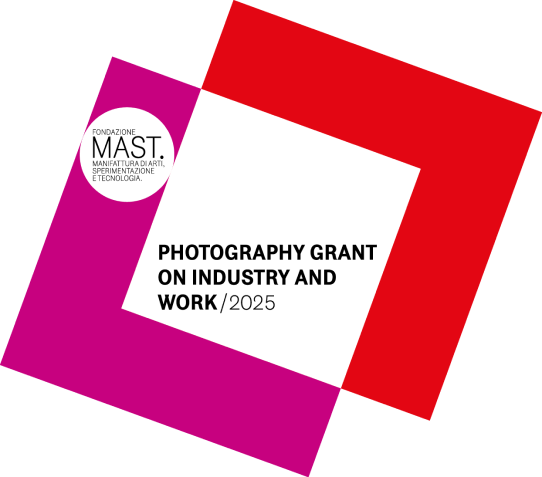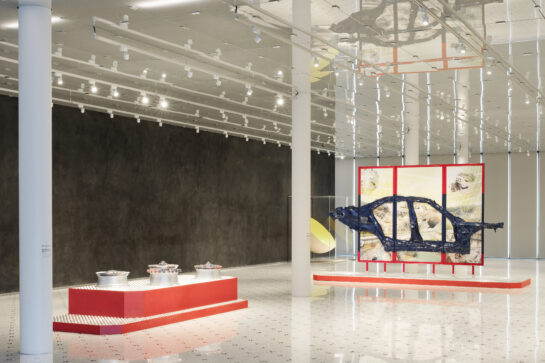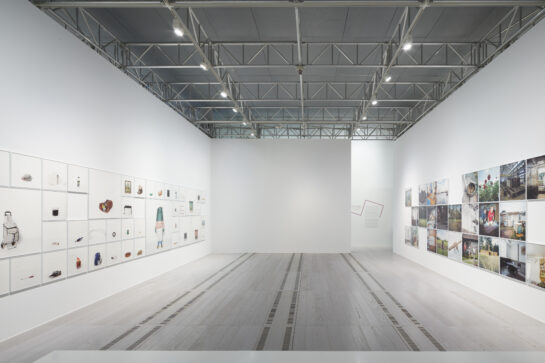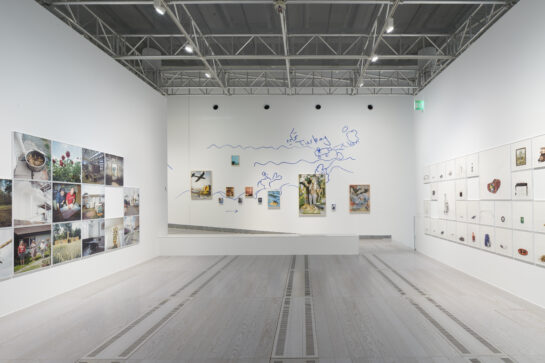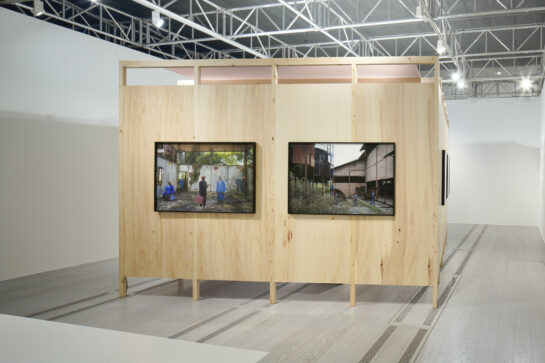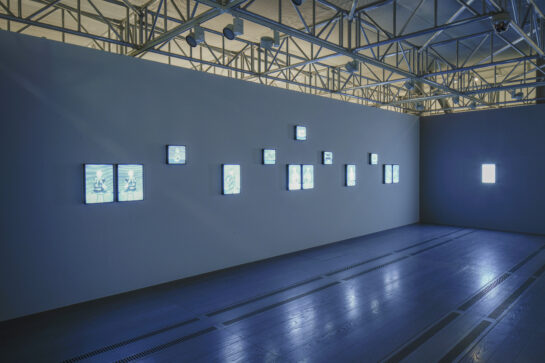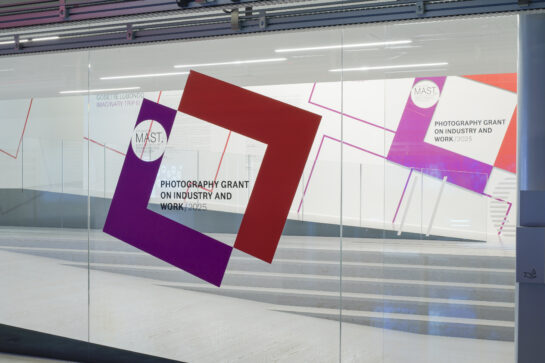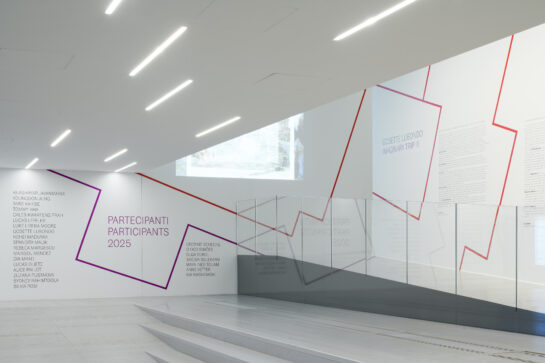The exhibition of the 8th edition
Until May 4, 2025 Fondazione MAST presents the works of the five finalists of the 8th edition of this photography competition, curated by Urs Stahel: Felicity Hammond, Gosette Lubondo, Silvia Rosi, Sheida Soleimani and Kai Wasikowski. Selected from among forty-two candidates under the age of 35 from all over the world, the five finalists have each developed an original and unpublished project for Fondazione MAST on the topics of industry and work.
Sheida Soleimani (Providence, Rhode Island, 1990) is the winner of this 8th edition with the artistic project titled Flyways. The project seeks to identify various escape routes from a world that, in her view, is dominated increasingly by the destruction of all human and other life forms. The images shown by the artist talk to us on two levels: stories of the women who animate the Women, Life, Freedom protest movement in Iran, and the travails of migratory birds injured in collisions with man-made buildings and structures.
Felicity Hammond (Birmingham, UK, 1988): Autonomous Body. Here the artist seeks to establish new connections between the past and the future of automobile production. The images created by Hammond explore and contrast current production processes, still reliant on mining and nineteenth-century industrialization, with the latest advances in autonomous driving that render automobiles increasingly independent of their drivers.
Gosette Lubondo (Kinshasa, Democratic Republic of the Congo, 1993): Imaginary Trip III. Via a series of photographs that focus on the colonial industries of Lukula, in the Democratic Republic of the Congo, the artist delves further into the history and collective memory of her country. Mostly specialized in the production of wood, these places were the nerve centers of the local economy.
Silvia Rosi (Scandiano, Italy, 1992): Kɔdi. The title of this series refers to the Togolese word for “code”. The work presented by Rosi comprises a series of portraits and self-portrayals inspired by the stories of the “Nana Benz”: powerful women in Lomé, Togo, who controlled the trade in wax-printed fabrics and played an important role in winning independence from the colonial powers.
Kai Wasikowski (Gadigal Land / Sydney, Australia, 1992): The Bees and the Ledger. The works of Wasikowski investigate how, for various reasons, migratory flows often result in the dissipation of professionalism: work experience accumulated in the home country is not recognized in the new land, generating a direct loss. This research starts with his grandmother, who immigrated from Poland to Australia in the 1970s.
